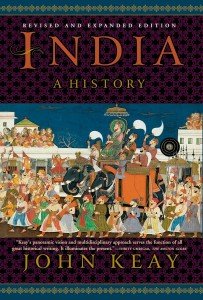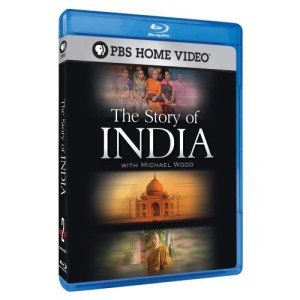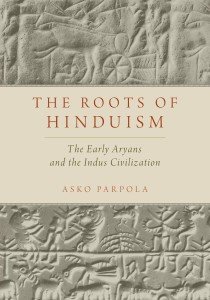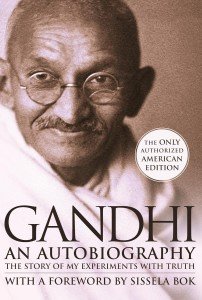Exploring the Rich Traditions of Hinduism:
A Comprehensive Review of 'A Beginner's Guide' by Klaus K Klostermaier
Hinduism is one of the oldest and most diverse religions in the world. With over 1 billion followers, it is the third largest religion after Christianity and Islam. The complexity and diversity of Hinduism can be overwhelming for someone new to this faith. That's where the book Hinduism: A Beginner's Guide by Klaus K Klostermaier comes in.
Klaus K Klostermaier is a renowned scholar and expert on Hinduism. He has written numerous books and articles on the subject. He is a professor of religion at the University of Manitoba in Canada. With extensive knowledge and experience, he is the perfect author for a beginner's guide to Hinduism.
The book Hinduism: A Beginner's Guide" is divided into 16 chapters, each focusing on a different aspect of Hinduism. It covers this ancient religion's history, philosophy, beliefs, practices, and cultural factors.
This book provides a brief overview of the origins of Hinduism, tracing its roots back to the Indus Valley Civilization. It also discusses the influence of Vedic culture and the evolution of Hinduism over the centuries.
Hinduism is known for its vast pantheon of deities, and this chapter delves into the various gods and goddesses worshipped by Hindus. It explains their roles, characteristics, and symbolism, making it easier for readers to understand the complex Hindu cosmology.
The Hindu scriptures, including the Vedas, Upanishads, and Bhagavad Gita, are considered the pillars of this religion. The book provides a comprehensive overview of these texts and their significance in Hinduism.
Hinduism has a unique concept of God, believing in one ultimate reality, Brahman, and multiple manifestations of this divine force. The book explores the different perspectives and interpretations of God in Hinduism.
Rituals and worship are an integral part of Hinduism, and this chapter explains the various forms of worship, from temple rituals to personal ceremonies. It also discusses the significance of festivals and their role in Hindu culture.
Hinduism has a rich philosophical tradition, and the book delves into the various schools of thought, including Vedanta, Yoga, and Samkhya. It also explains the concepts of karma, dharma, and reincarnation, which are central to Hindu philosophy.
Ethics and moral values are deeply ingrained in Hinduism, and the book explores the principles of ahimsa (non-violence), seva (selfless service), and the importance of leading a virtuous life.
Hinduism strongly influences Indian society, and the book discusses the role of religion in shaping social structures, traditions, and customs in India.
The author addresses the challenges Hinduism faces in the modern world and its relevance in today's society. It also explores the impact of globalization and technology on this ancient religion.
The book also discusses the relationship between Hinduism and other religions, including Christianity, Islam, and Buddhism. It also highlights the importance of interfaith dialogue and understanding in a diverse world.
In Hinduism: A Beginner's Guide, Klaus K Klostermaier has provided a comprehensive and insightful overview of Hinduism. He presents this religion's complex concepts and practices in a simple and easy-to-understand manner, making it an ideal read for anyone interested in learning about Hinduism. Whether you are a beginner or have some knowledge of Hinduism, this book is a must-read for its thorough and informative content.






